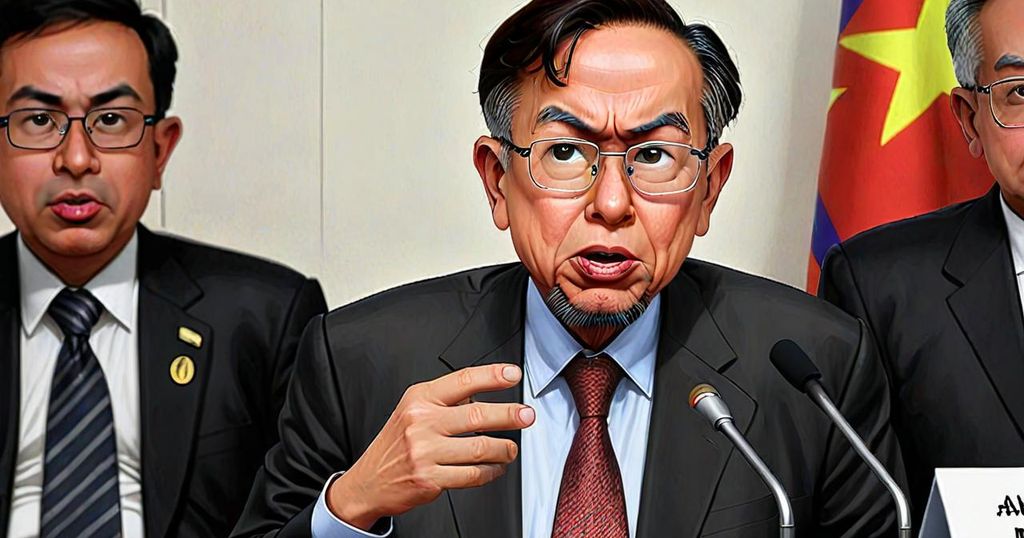In recent years, Malaysian foreign policy has been influenced by a proactive approach to regional partnerships, equidistance from major global powers, and a pragmatic stance towards Muslim, non-aligned, and developing countries. However, under the leadership of Anwar Ibrahim, Malaysia’s foreign policy has evolved to address a range of external and internal challenges, emphasizing macro-neutrality and diversified partnerships.
Anwar’s assertive diplomatic efforts have reinvigorated Malaysia’s standing on the global stage, contributing to domestic stability in the wake of political turmoil in early 2020. As Malaysia prepares to assume the ASEAN Chairmanship in 2025, the international community is optimistic about the country’s role in shaping regional dynamics.
This seminar aims to dissect the factors that have influenced Malaysia’s proactive, inclusive, and selective foreign policy under the leadership of Anwar Ibrahim. It contends that while Anwar’s personal style has colored Malaysia’s foreign policy approach, the substance of this strategy is largely driven by structural and domestic considerations. It is argued that Malaysia requires an active and inclusive foreign policy to navigate the challenges posed by the US-China rivalry and to secure tangible benefits that could bolster the Unity Government led by Anwar, with an eye on the upcoming general election.
Dr. Kuik Cheng-Chwee, a distinguished Professor of International Relations at the Institute of Malaysian and International Studies (IKMAS), National University of Malaysia (UKM), will be delivering insights on this pressing topic.
For those interested in attending this insightful seminar, it is worth noting that the event will be held in a hybrid format at the ISEAS – Yusof Ishak Institute (ISEAS). To secure a seat at the venue, attendees are required to register through the ISEAS mobile app, available for download on iOS and Android devices. Due to limited seating capacity, early registration is encouraged to avoid disappointment.
Alternatively, individuals can participate virtually in the webinar by registering online to receive a unique login link for the event via Zoom. In addition, participants will have the opportunity to engage with the speaker by submitting questions during the Q&A session.
In conclusion, the upcoming seminar promises to offer valuable insights into Malaysia’s foreign policy under Anwar Ibrahim’s leadership, shedding light on the complex interplay of external pressures and internal imperatives that are shaping the country’s diplomatic trajectory. It is an event not to be missed for anyone with an interest in regional politics and foreign policy dynamics.

Leave a Reply